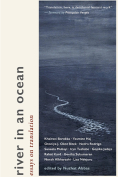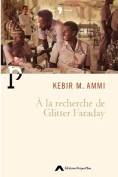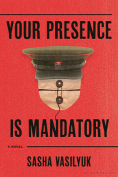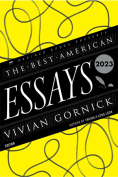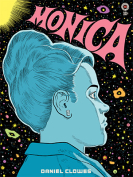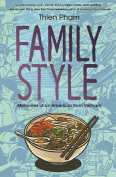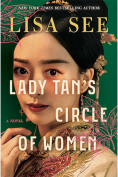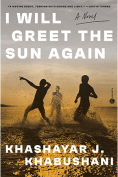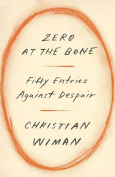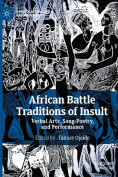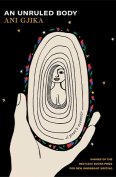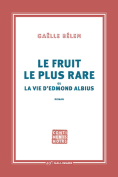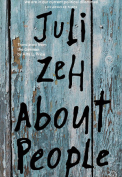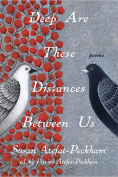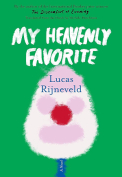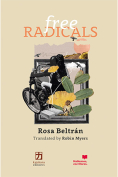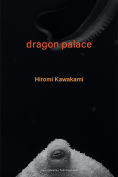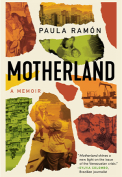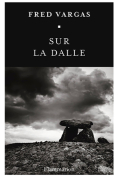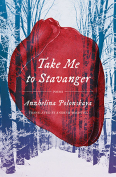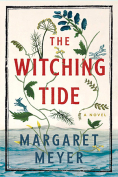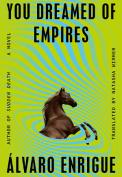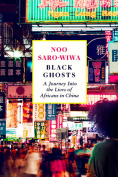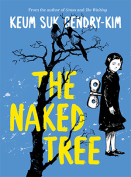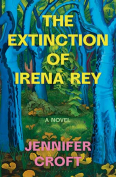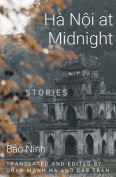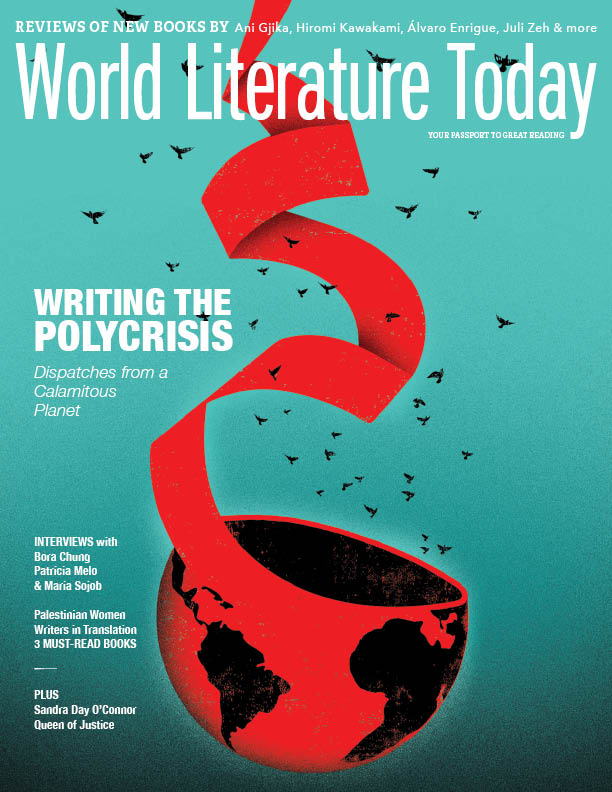An Unruled Body by Ani Gjika
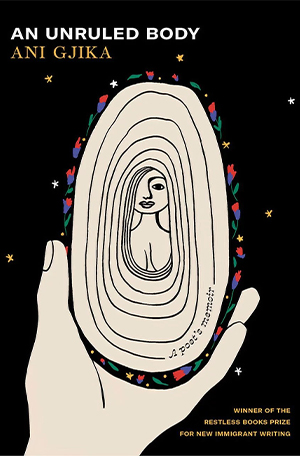 New York. Restless Books. 2023. 272 pages.
New York. Restless Books. 2023. 272 pages.
In Ani Gjika’s debut memoir, An Unruled Body, the reader is invited to think about translation as an experience of the body, a corporeal carrying across. At age twelve, Gjika will be raped on her walk to school in Albania, and this trauma will live in the speaker as a silence that takes decades to confront. “How do I construct a story out of silence?” Gjika asks, beginning, in the company of a sex counselor when she is later living in Massachusetts, to delve deeper into the experiences of her own body that have shaped her life.
Gjika is a poet and the author of Bread on Running Waters (2013). Gjika is also a celebrated literary translator, recipient of the Robert Fitzgerald Translation Prize. She has translated Luljeta Lleshanaku’s Negative Space (2018; WLT, Nov. 2014, 12) from the Albanian and Kosovar poet Xhevdet Bajraj’s play Slaying the Mosquito (2017). Gjika’s memoir, winner of the 2021 Restless Books Prize for New Immigrant Writing, is both globally and temporally expansive, beginning in the Albanian-born poet and translator’s childhood and young adulthood—Gjika having been raised in Albania after the fall of communism—and tracing a present-day life spanning Thailand, India, and America. Throughout her debut, the narrator’s body functions as both archive and site of translation. The body is the place where trauma and desire come to be known.
An Unruled Body opens on a scene where Gjika, leaving a holiday party, masturbates alone in her car. She is driving home to a man who has been her husband for six years and has recently announced his desire to divorce. Gjika spreads her legs at a red light and the experience is “an unlocking.” We enter the speaker’s “body, my home” as “first one finger, then two.” The reader is in eros. A poetic and specific space has been cultivated, one that recalls other works that center the erotic as resistance and site of critical inquiry–Audre Lorde’s brilliant essay, “The Uses of the Erotic: The Erotic as Power,” Anne Carson’s Eros the Bittersweet, and much of Donika Kelly’s powerful poetry. It was Lorde’s essay I returned to while reading Gjika’s memoir. “There are many kinds of power,” Lorde writes in “The Uses of the Erotic,” and some operate as “a resource within each of us that lies in a deeply female and spiritual plane, firmly rooted in the power of our unexpressed or unrecognized feeling.”
Attending to sexual pleasure, a central topic throughout An Unruled Body, is a political act. Gjika came of age under the rule of communism and grew up in a religious family and patriarchal society. As the judges of the 2021 Restless Books Prize aptly observe, in their introduction to Gjika’s nonfiction debut, her work asks readers to consider “the specific, insidious ways that patriarchy controls a woman’s relationship to her body, mind, and expression.” In Albanian translator Suzana Vuljevic’s Chicago Review of Books interview with the author, Vuljevic notes, “Within the pantheon of Albanian literature, women’s voices are conspicuously absent, silenced, and erased.” Consequently, there are few memoirs by Albanian women about life under communism. Gjika has written in response to this silence in hopes that her book sheds light on “the sovereignty of our bodies” in the face of both oppressive political regimes and patriarchal cultures.
With the author’s lyricism, those moments of a single body’s sovereign expression—the translation of desire—bloom. This attention is paid to sex, and equally, Gjika’s intimately described relationship to both writing and translation. “If we’re lucky, there’s something to learn from following one’s smallness, because we cannot predict where we might land in the process of the chase. The more I translate, the more I find pleasure in it.” We translate our experiences to ourselves to claim pleasure in our lives. This concept functions as a fulcrum throughout the work. Gjika’s memoir is a reminder that translation—of trauma, the body, sex, and grief—is not always easy but vital. What we carry across—from specific cultures, families, abuses, and lovers—we carry. Perhaps what we hold in our memories and experiences we can heal. Gjika urges readers to consider how our “bodies,” after all, are also “our homes.”
Many of the intimacies in the book emanate from eros and Gjika’s relationship with herself, after divorce. Other intimacies stem from the pleasures of poetry, friendship, and healing. The work is candid and direct with the reader. There were moments, as when describing facets of life after divorce and toward the book’s end, where the lean and vivid writing that dominated much of the earlier pages was replaced by declarative statements that were at times obvious, as if the author was not trusting the reader to infer meaning through subtler prose, but mostly, Gjika writes gorgeously. Readers of poet Maggie Smith’s memoir, You Could Make This Place Beautiful, Poupeh Missaghi’s trans(re)lating house one, and Melissa Febos’s Body Work will appreciate Gjika’s debut nonfiction work of self-discovery.
Kathryn Savage
Minneapolis
